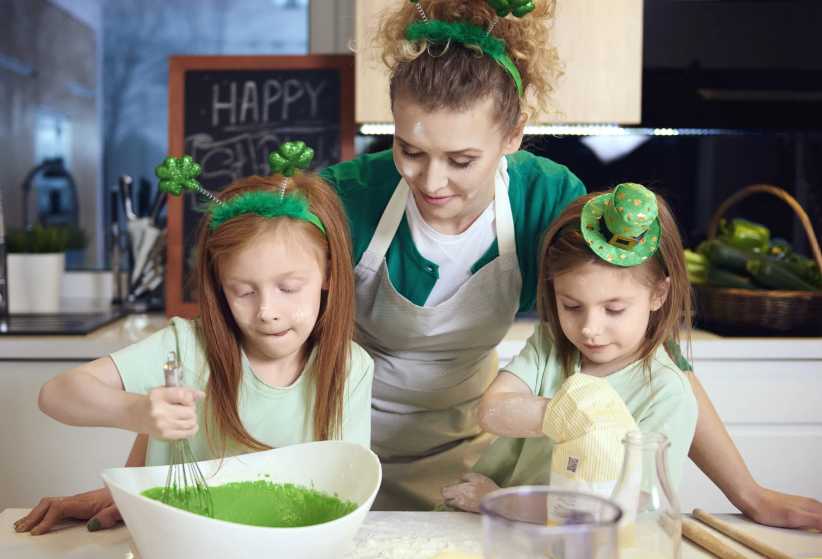In this season of abundant sunshine, let’s address vitamin D, also known as the “sunshine” vitamin. It’s named that because when our skin is exposed to ultraviolet light, a compound related to cholesterol that’s just under our skin is converted to vitamin D.
Vitamin D is not actually a vitamin but a “pro-hormone.” Health professionals are concerned levels may be declining as kids increasingly spend less time outdoors and slather on sunscreen when they do venture out.
Vitamin D plays an important role in bone health. It promotes the absorption of calcium and phosphorus and helps deposit these minerals in bones and teeth, making them stronger and healthier. What you may not know is that vitamin D strengthens the immune system, helps regulate cell growth, helps prevent chronic disease, and may even help protect emotional well-being.
People with dark skin have greater amounts of the pigment melanin, which reduces their skin’s ability to produce D from sunlight. They are at higher risk for deficiency and may benefit from more than the recommended amounts. Also at risk are children who are overweight, since vitamin D is held in fat tissue and is not available to the body.
An expectant mother’s vitamin D status can affect a child’s development, according to a 2017 study published in the British Journal of Nutrition. The study found children of mothers who were deficient during pregnancy tended to have less gross motor and fine motor development at 30 months, and less social development at 42 months, compared to those who were born to mothers with sufficient vitamin D.
It’s fairly common for kids and teens to be D-ficient. A study published last year in the journal Pediatrics found that there was a 15-fold increase in the diagnosis of vitamin D deficiency between 2000 to 2014, with higher rates in boys younger than age 5 and higher rates in girls starting at the age of 10.
There’s more concerning news: The American Academy of Pediatrics reports rickets is on the rise. Rickets is a serious condition tied to low vitamin D levels. The low D causes bones to weaken, leading to legs bowing out under the weight of the child’s upper body, along with thick wrists and ankles.
Where to find it
Because Mother Nature intended for us to get it from being outside in the sunshine, vitamin D naturally occurs in only a handful of foods. One is canned sockeye salmon (and to a lesser extent, tuna and mackerel). Luckily, a few other foods are fortified with it. These include vitamin D-fortified milk (dairy, soy, almond, cashew, and coconut), orange juice, breakfast cereal, yogurt, and eggs. Specially-labeled white mushrooms that have been exposed to ultraviolet light also contain vitamin D. While cod liver oil is a rich source, it also has a high vitamin A content, possibly leading to vitamin A toxicity, so it is not recommended.
Supplements should be considered when the recommended dietary intake is not met by food. One study found it’s best to take vitamin D supplements with the biggest meal. This can boost the level in the blood by more than 50 percent. For some people, their biggest meal is dinner, but it could be lunch or even breakfast.
Children under age 1 should receive 400 IU per day, while kids ages 1 to 18 should obtain 600 IU each day.
Vitamin D is often difficult to get enough through diet. Even though sunlight is the best source, most people now limit sun exposure due to the increased risk of skin cancer and premature wrinkling. A dietary supplement may be warranted for both youngsters and adults. Talk with your child’s healthcare provider for guidance.
Christine Palumbo is a Naperville-registered dietitian nutritionist and Fellow of the American Academy of Nutrition and Dietetics. Follow her on Twitter @PalumboRD, Facebook at Christine Palumbo Nutrition, or Chris





















